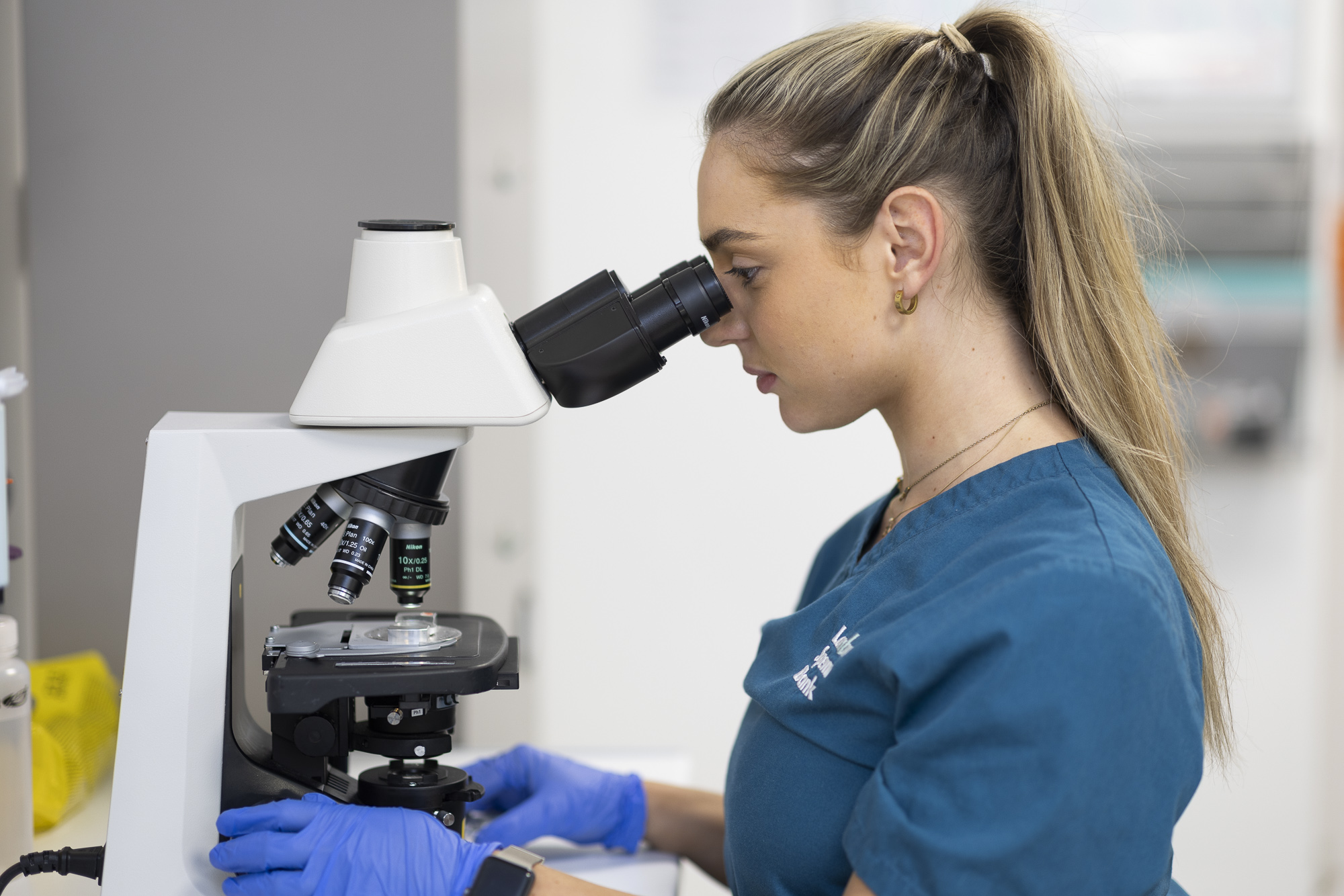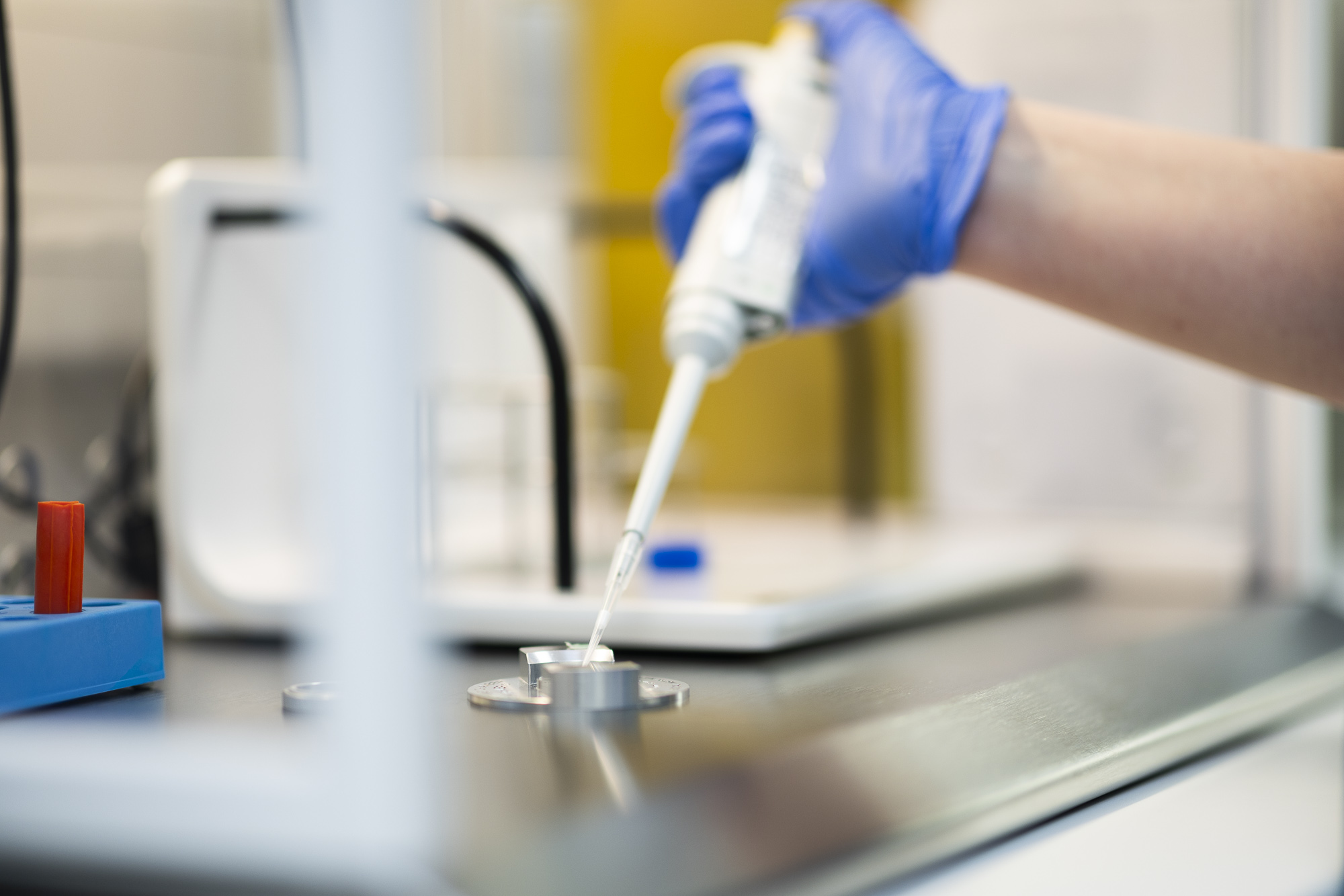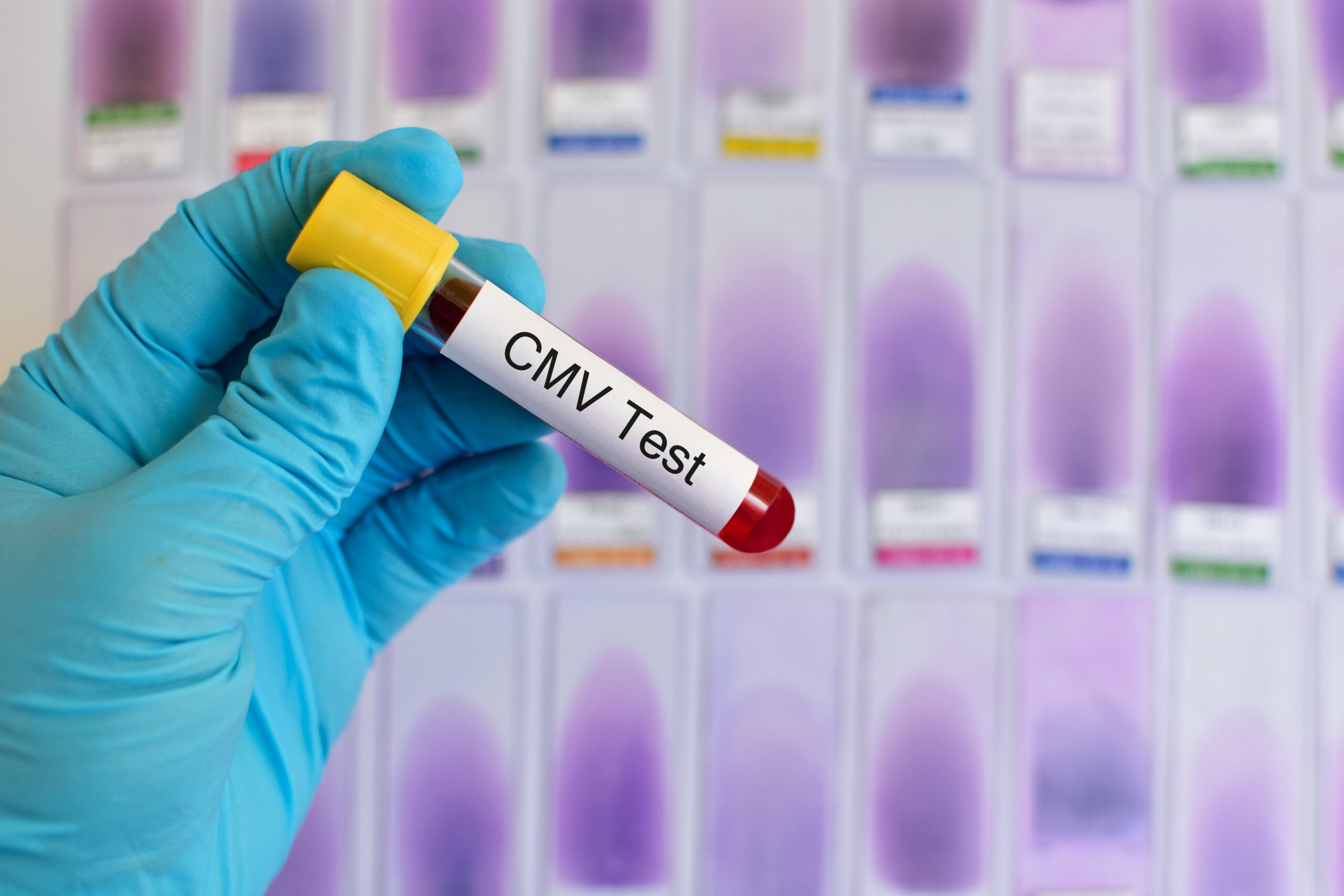CMV (Cytomegalovirus)
When choosing a sperm donor, you may come across the term “CMV status.” This refers to whether a donor has previously been exposed to a common virus called cytomegalovirus (CMV). While it’s usually harmless in healthy adults, CMV can be more relevant during pregnancy.
This page explains what CMV is, how it can affect donor selection, and what it means for your fertility treatment. We’ve also included links to trusted sources like the NHS and HFEA to help you make informed decisions with your clinic.


What is CMV?
Cytomegalovirus (CMV) is a common virus that belongs to the herpes family. Most people will be infected with CMV at some point in their lives—often during childhood—and many won’t experience any symptoms at all. Once infected, the virus remains in the body for life in a dormant (inactive) state.
CMV is usually harmless in healthy adults. However, for individuals who are pregnant or trying to conceive, CMV can be more significant, particularly if it’s the first time they are exposed to the virus (a primary infection).
You can read more about CMV on the NHS website.

What is CMV Status?
When we talk about CMV status in the context of sperm donation, it refers to whether someone has previously been infected with the virus:
- CMV Negative: The individual has never had a CMV infection and has no antibodies against the virus.
- CMV Positive: The individual has been exposed to CMV in the past and has developed antibodies. The virus is no longer active.
We screen all sperm donors for CMV and only accept those who do not have an active (acute) infection. This is determined by checking for two types of antibodies:
- IgM antibodies – indicate a recent or current infection.
- IgG antibodies – indicate a past infection.
Donors who are IgM negative and IgG positive are considered CMV positive (past infection, no current risk). Donors who are IgG and IgM negative are CMV negative (never had the infection).

Why Does CMV Matter During Pregnancy?
If someone becomes infected with CMV for the first time during pregnancy, the virus may cross the placenta and affect the developing baby. This is known as congenital CMV. The risk of transmission to the baby is higher during a primary infection than a reactivation of a previous infection.
According to HFEA guidance, while the overall risk remains low, some clinics may recommend CMV-negative donors for patients who are also CMV-negative to reduce the chance of a primary infection during pregnancy.
However, it’s important to note:
- Most adults have already been exposed to CMV and are CMV-positive.
- If you are CMV-positive, there is no additional risk from using a CMV-positive donor.
- If you are CMV-negative, your clinic may recommend using a CMV-negative donor as an added precaution.
We highly recommend speaking with your treating physician or consultant to check your own CMV status and discuss the most appropriate donor options for your treatment.

Ready to find a donor that’s right for you?
We make it easy to search for high-quality, fully screened donors, including CMV-negative options if needed. Start exploring today and take one step closer to growing your family.
Frequently Asked Questions
• Do not have an active infection (IgM negative)
• Have been cleared by our medical and laboratory teams as safe for donation
Patients can see each donor’s CMV status on their profile in our donor search platform.
You can read more about fertility treatment safety and donor screening on the HFEA website.

Need help understanding CMV or choosing a donor?
Our team is here to support you with clear information, expert guidance, and a compassionate approach to care. Whether you’re CMV-negative or unsure of your status, we’re here to help.





